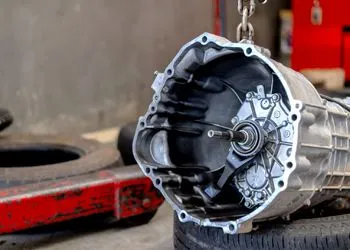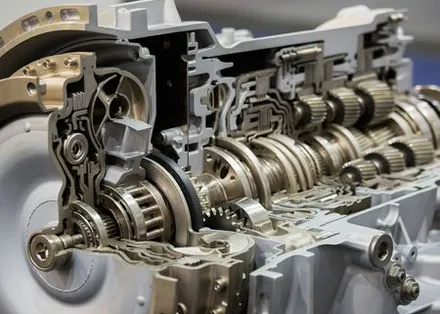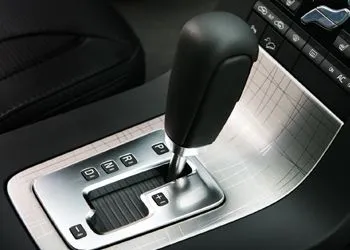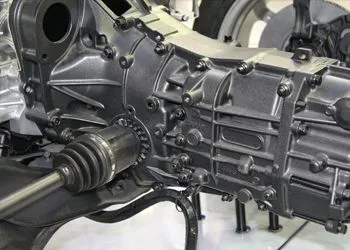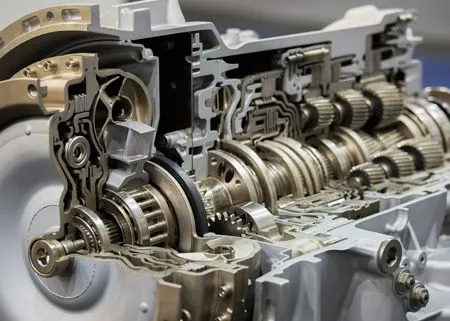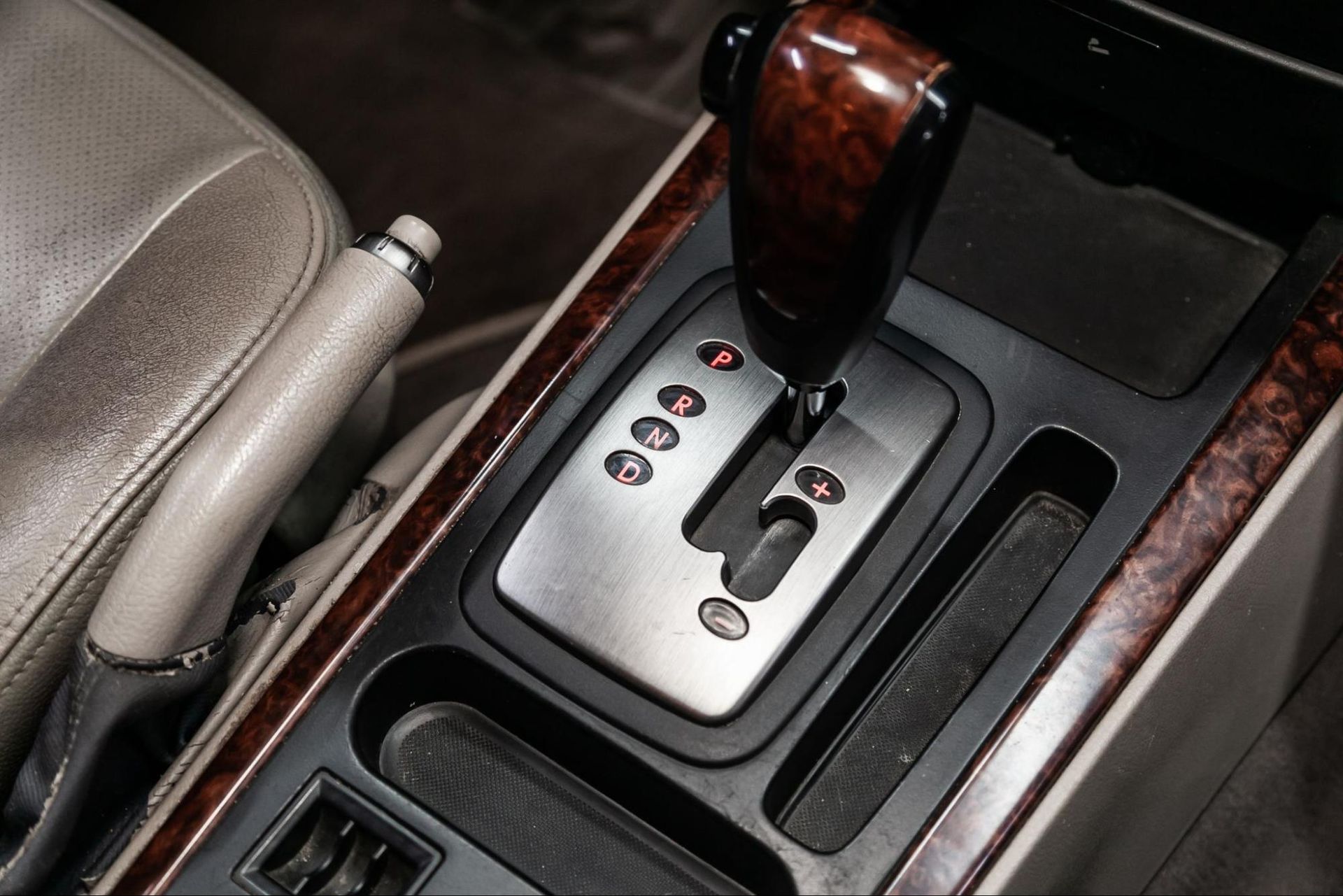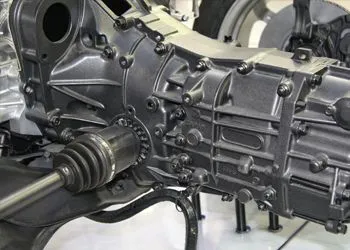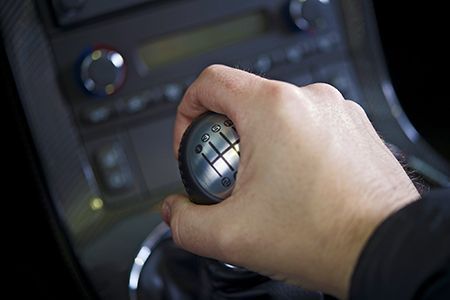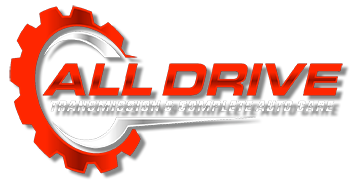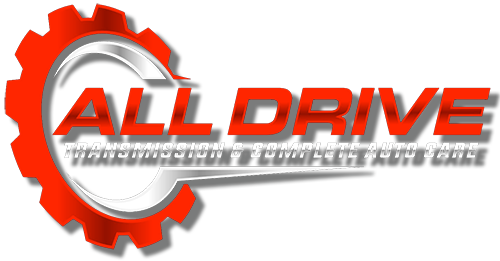All Drive Transmission Blog
Don’t Ignore these Common Signs of an Automatic Transmission Problem
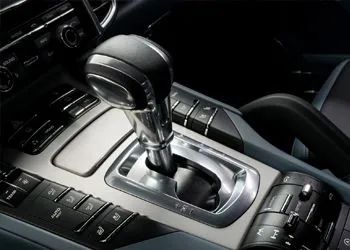
Keeping your automatic transmission healthy is essential for smooth driving. But like any complex system in your car, your automatic transmission can eventually develop problems. Identifying early warning signs can help save you from expensive repairs or even a complete transmission failure. At All Drive Transmission, our local transmission mechanics provide expert automatic transmission repair in the greater Des Moines, IA area. Here’s a look at four common signs of an automatic transmission problem.
Delayed or Slipping Gears
One of the most common signs of a transmission problem is delayed or slipping gears. If you notice hesitation when shifting from park to drive, or if the vehicle unexpectedly slips out of gear while driving, your transmission is clearly struggling. This issue often indicates low transmission fluid or worn-out gears.
Unusual Noises
Strange noises—such as whining, grinding, or clunking—can signal trouble within the transmission. These sounds might occur while shifting gears or even while the car is in neutral. Transmission components, like bearings or planetary gears, may be worn or damaged, leading to these abnormal sounds.
Leaking Transmission Fluid
Transmission fluid is essential for lubrication and cooling. If you spot reddish-colored fluid pooling under your car, it’s a clear warning sign of a leak. Low fluid levels can cause overheating and severe internal damage. Addressing leaks promptly is crucial to prevent further complications. Leaks often form due to cracked transmission lines and worn transmission pan gaskets.
Burning Smell
A burning smell while driving could indicate that your transmission is overheating. Overheating often results from low fluid levels, dirty transmission fluid, or excessive strain on the transmission system. Ignoring this smell can lead to significant damage and costly repairs.
Automatic Transmission Repair in Des Moines, IA
When you need
transmission repair in Des Moines and the surrounding area, contact All Drive Transmission at
515-384-0629.
At our local transmission shop, our experienced mechanics will make sure that your car is capable of shifting smoothly. Feel free to give us a call to schedule an appointment!
